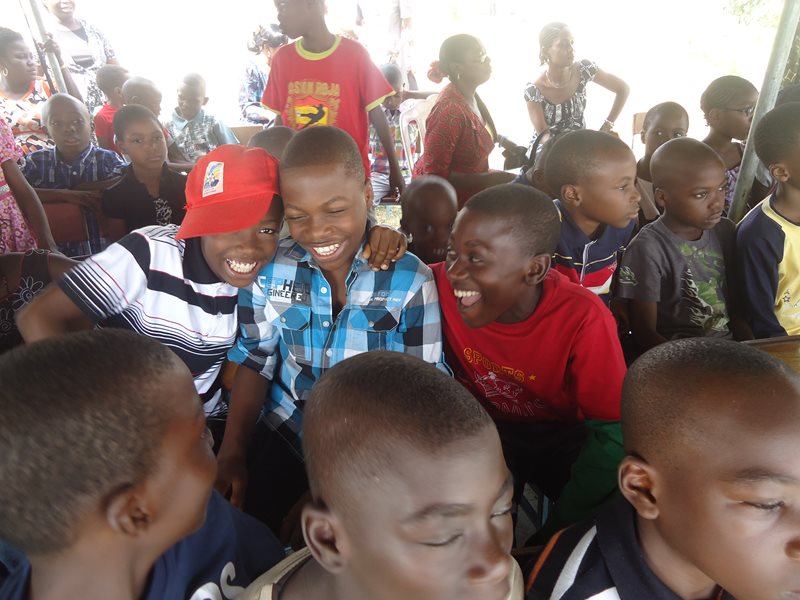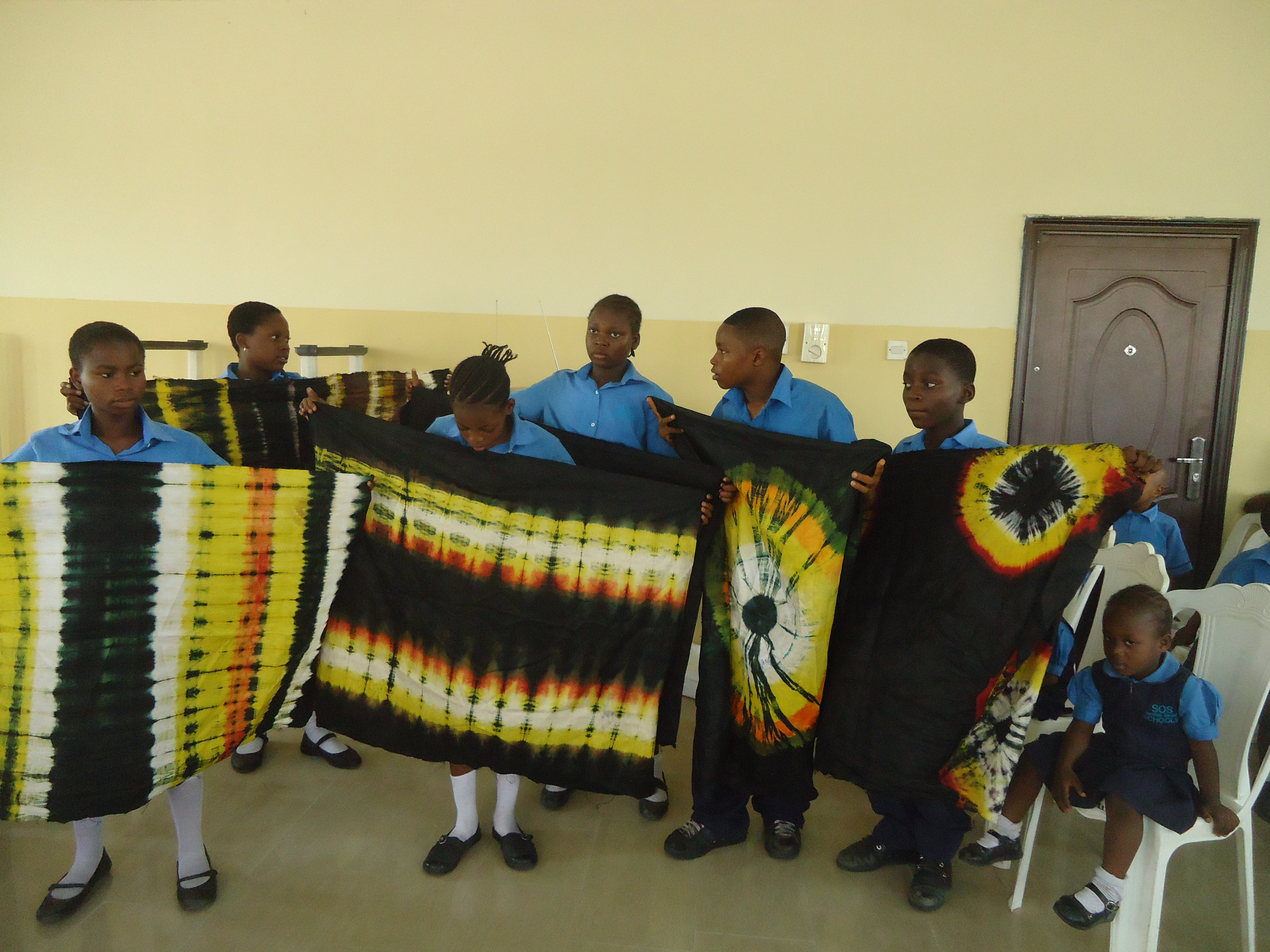Violence is on the rise and affecting the entire country

SOS Children’s Village Gwagwalada is located just west of Abuja, the capital of Nigeria, in one of the five Local Government Area Councils that make up the Federal Capital Territory. While Lagos remains the commercial centre of Nigeria, the capital was moved to Abuja in 1991 in order to provide a more central and neutral seat of power. Abuja is a planned, purpose-built city and currently has a population of roughly 780,000.
While Abuja is known as one of the wealthiest cities in Africa, poverty is omnipresent on its outskirts as well as in the rural areas surrounding it. Here in the capital, the vast inequality of income is highly visible. When in early 2012 subsidies for fuel prices were cut, essentially doubling the cost, protests were sparked all over the country.
Insecurity in the country is also increasing due to the rise of the Boko Haram Islamist militant group that wants to overthrow the government and establish Sharia law in Nigeria. Thousands of Nigerians have had to flee their homes.
Children, young people and women still at a social disadvantage
Poverty in the country has been on the rise, and the gap between rich and poor is deepening. Young people lack perspectives for the future and are thus vulnerable to becoming involved in a life of crime or violence.
Children as young as two or three begging in the streets are a common sight in Abuja; often entire families make a living this way. These children do not attend school and will most likely continue their lives in the streets once they have a family of their own. Although primary school enrolment has been greatly improved in the country, literacy amongst young women between the ages of 15 and 24 is still only 65 per cent, and secondary school enrolment is as low as 22 per cent for girls and 29 per cent for boys.
Only around 15 per cent of women in Nigeria use contraception and 39 per cent are married by the time they are 18 years old. Female genital mutilation remains a common practice and domestic violence is also widespread.
What we do in Abuja
.jpg?width=800)
SOS Children’s Village Gwagwalada in Abuja began its work in 2007.
Strengthen families: Today, our social centres here provide a family strengthening programme to the local population. The programme ensures that children have access to essential educational, nutritional and health services. It provides guidance to parents in the areas of income generation and parenting skills and strengthens support systems for vulnerable children and their families within the community. The social centres also provide essential health care, services related to HIV/AIDS prevention, sexual and reproductive health, as well as adult literacy and micro-finance. Around 2,900 people receive social and material support here.
Care in families: For children from the region who are no longer able to live with their parents, twelve SOS families can provide a loving home for up to 120 children. In each family, the children live with their brothers and sisters, affectionately cared for by their SOS mother.
Education: The children attend the SOS Kindergarten together with local children from the community. They then go on to complete their primary education at the SOS Hermann Gmeiner School. Around 210 pupils from the children’s village and the neighbourhood attend the school. This way, children who grow up in an SOS family are integrated into the local community from a young age.